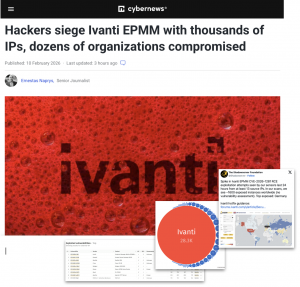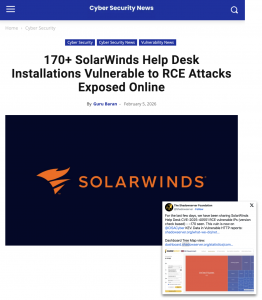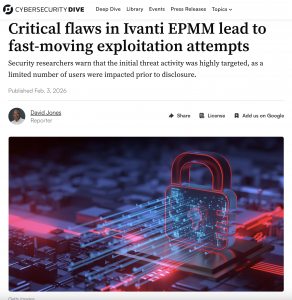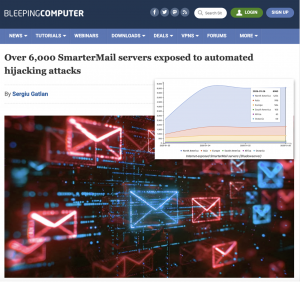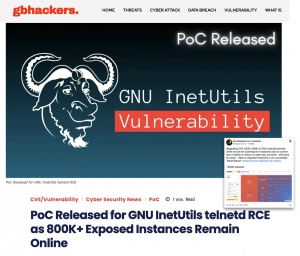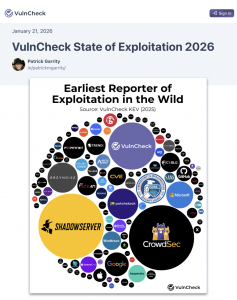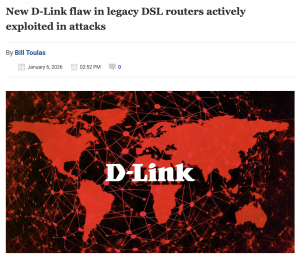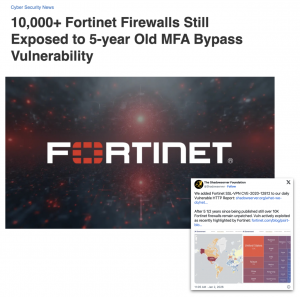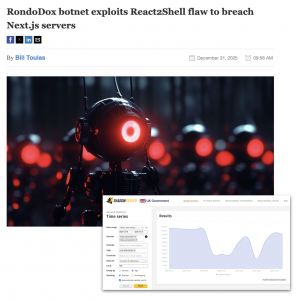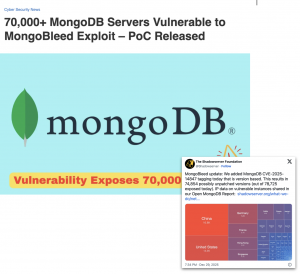Hackers siege Ivanti EPMM with thousands of IPs, dozens of organizations compromised
Hackers have launched an unprecedented scanning operation, employing tens of thousands of IP addresses to hunt for vulnerable Ivanti Endpoint Manager Mobile (EPMM) instances. Dozens of organizations have already been compromised. Shadowserver reports over 1,200 exposed Ivanti EPMM instances worldwide without vulnerability assessment – it’s unclear how many remain vulnerable. Most instances are likely not directly exposed to the internet, as network administrators typically deploy them behind corporate firewalls.
“The massive attempt, via a botnet or residential proxy network, maybe, is quite unprecedented,” Piotr Kijewski, CEO at The Shadowserver Foundation, told Cybernews.


